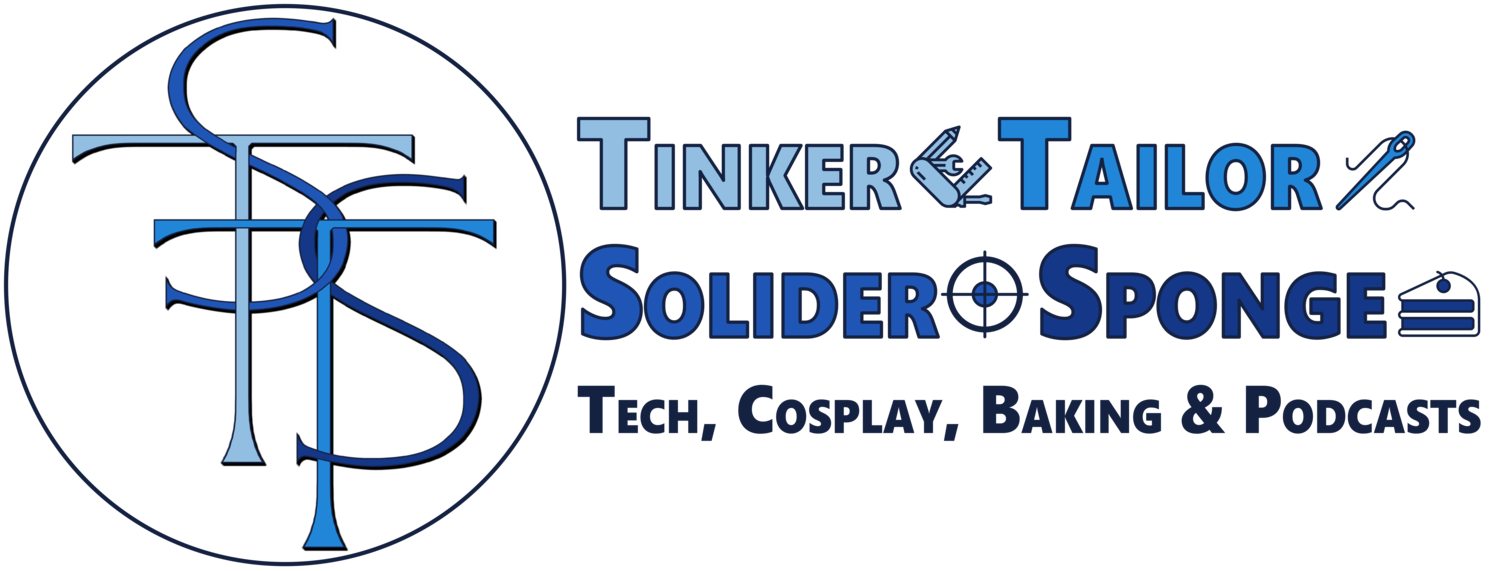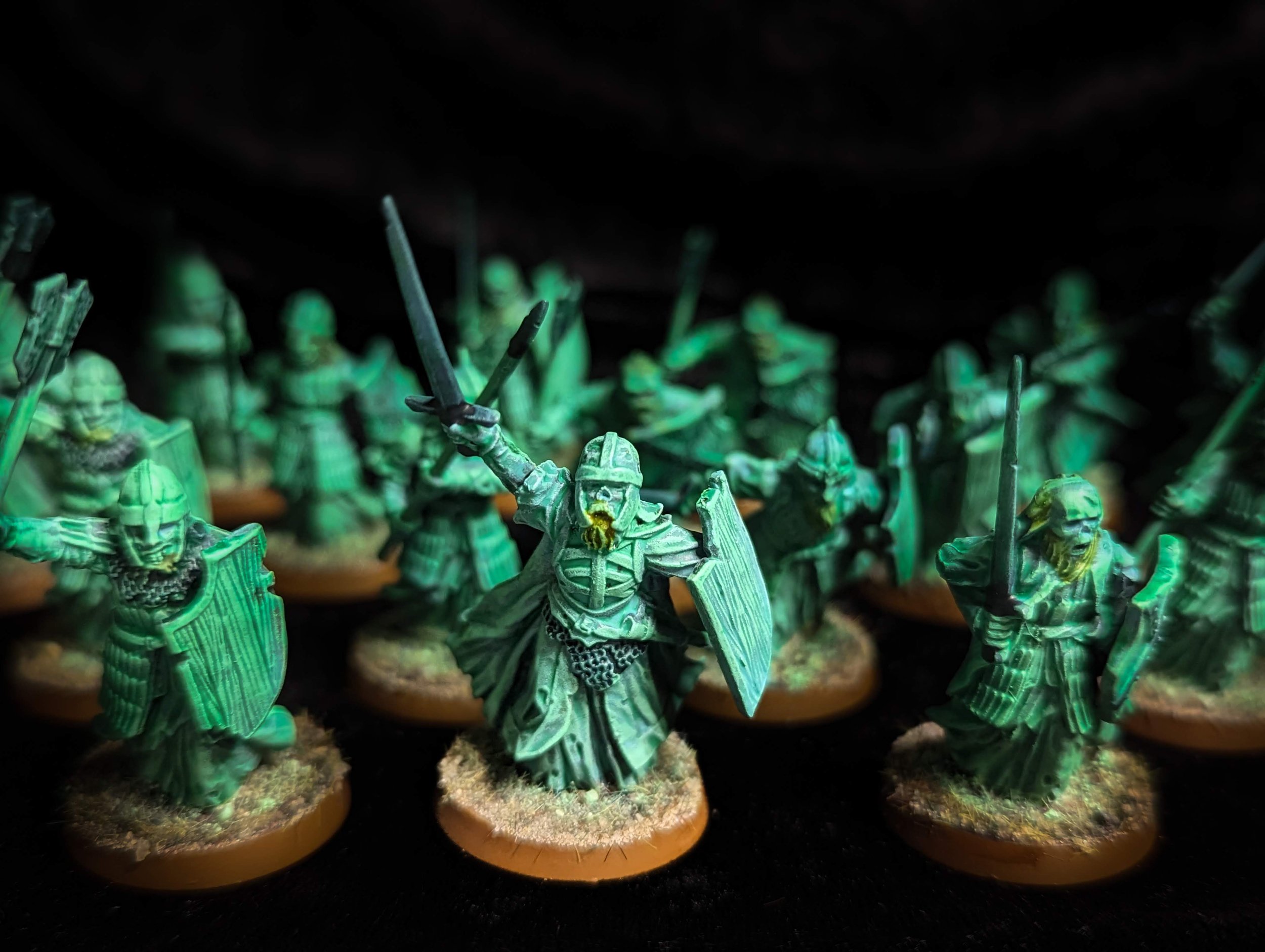So I thought as my third year looms it might be worth reviewing my PhD experience and giving new or potential PhD students my thoughts.
2 Years In
So how do I feel now that I'm successfully onto the 3rd year of my programme?
In general, I am enjoying my PhD and I am very grateful for the opportunity I have been given. There are of course downsides but the majority are minor or would be the case in any job (such as delays beyond your control etc.). I am really looking forward to my upcoming industrial placement as it will be a nice change of pace and will (fingers crossed) lead to a publication.
As far as progress goes I could be a little further ahead but with the potential for publications this year and my first oral presentation at BC-ISMRM next week I'm very excited for my third year. There's always a bit of worry from being half-way through something but I'm coping well at the moment.
So You Want To Do A PhD?
There are already books[1] on getting a PhD but I think I'll summarise the general points below.
Why should you do one?
You want to get into academia/research - it's still the standard route.
You're really interested in a specific research area - if you enjoy it, do it!
You need a higher level qualification for your ideal job - though you still need to be interested!
Why shouldn't you do one?
So if you've decided you want to do a PhD there's still a lot of choice for doctoral courses, which one should you pick?
PhD Types
Traditional PhD/DPhil - Normally 3 years funded* (in the UK) and takes around 3.5 years, the traditional model with topic usually being set at the beginning by your supervisors. Funding from the research councils is currently £13,590 (tax free).†
EngD etc. - 4 years including taught elements and industrial placements.
DTC based PhD - usually 4 years with taught elements. Often you don't pick a research topic straight away choosing it between 3-12 months in.
Industrial CASE PhD - usually 4 years funded with a 3-6 month industrial placement. These include an increase to the normal PhD stipend of up to ~£7,000
I'm on an Industrial CASE PhD so there's the possibility I'm slightly wrong about the differences between the others.
Once you've decided your research field/topic, the type of PhD you want to do and double checked that your really want to do one - start applying!
Most PhD positions are advertised from January onwards with interviews around February. If there is funding though PhD positions need to be filled and there will be positions advertised all year. Summer tends to have a large number of PhD places which weren't filled early in the year on offer.§
So You're In For The Long Haul?
What can you expect from your time doing a PhD then?
1st Year
Regardless of your programme you are going to have to review the literature. This normally takes around 3 months and is sometimes publishable as a paper if your field is in an interesting niche.
You will learn how to use the lab equipment/computers/databases/blackboards you need for your continued research.
You will probably narrow down the topic area and methods to be used in future years.
You may get trained on something really specific (I was flown out to Bruker in Germany to learn how to program MRI scanners).
You will have some sort of report to get through to the next year. I had to have a full-on viva but other departments have a simple meeting with supervisors to see if you should continue.
2nd Year
This is usually your method development year. For CASE students you may go on your first placement.
If method development is quick you can start collecting useful data.
3rd Year
This is your data collection year. People on a '3 year' programme will need all their data pretty much by the end of this year.
4th Year
On a 3 year programme you will be writing the thesis until your agree viva date. On a 4 year programme you will finish data collection then write the thesis.¶
VIVA
Graduate! :D
* This is for Sciences PhDs - it is a lot harder to get funding in the Humanities.
†Funding bodies will also pay your tuition fees.‡
‡I believe Wellcome Trust provide the best at the moment with total stipend of around £21,000
§You can see available positions on respective universities' websites and at http://www.findaphd.com
¶You will write a fair amount of certain thesis sections ahead of this time. Some people write up throughout and continue collecting data well into the traditional data collection phase.
Tom out!
[1] Phillips, E.M. and Pugh, D.S., 2000. How to Get a PhD: A Handbook for Students and Their Supervisors. 3rd ed. Maidenhead: Open University Press.













